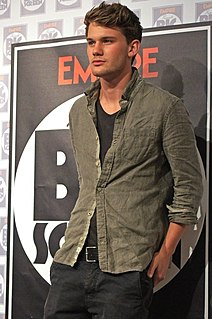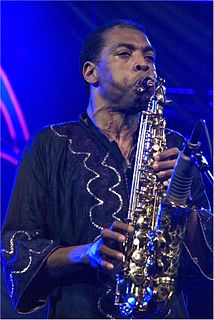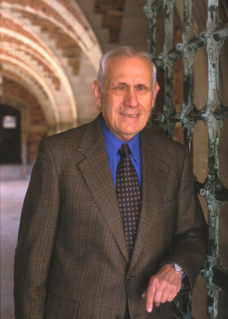A Quote by George W. Bush
Reading history while you make history can teach you a lot.
Related Quotes
What they teach you as history is mythology and true mythology is far from fantasy -- it is our true history. A bulk of our real history can be found in Egyptian and Greek mythology. Yes, myths reveal to us worlds of other dimensions that make up our true reality. History books teach us that the minds of the past operated on the same frequency, dimension, or level of consciousness as we do now. Not true at all.
If, in schools, we keep teaching that history is divided into American history and Chinese history and Russian history and Australian history, we're teaching kids that they are divided into tribes. And we're failing to teach them that we also, as human beings, share problems that we need to work together with.
When I went to high school - that's about as far as I got - reading my U.S. history textbook, well, I got the history of the ruling class. I got the history of the generals and the industrialists and the presidents that didn't get caught. How 'bout you? I got all of the history of the people who owned the wealth of the country, but none of the history of the people that created it.
What experience and history teach is this - that nations and governments have never learned anything from history, or acted on any lessons they might have drawn from it. Variant: What experience and history teach is this - that people and governments never have learned anything from history, or acted on principles deduced from it.
I'm an expert at killing time on planes now. I do a lot of reading. My secret sort of nerdy side is I'm quite into history so I read a lot of history books. Now I write for a few things and I've had a few history things published, which is cool. I indulge my nerdy side and it's kind of as far away as you can get from the acting world so that's nice as well.
I don’t know much about history, and I wouldn’t give a nickel for all the history in the world. It means nothing to me. History is more or less bunk. It's tradition. We don't want tradition. We want to live in the present and the only history that is worth a tinker's damn is the history we make today.


































